Por Luiz Ernesto Wanke – Está nas livrarias uma antologia, ‘Kafka, uma metamorfose inspiradora’, uma coletânea de autores que orbitam nossa Curitiba. Foi organizada pelo maestro Carlyle Pop, um autor talentoso e também um eterno incentivador da nossa literatura regional. Foi editado honrosamente por nossa maior editora, a Juruá, que teima em investir em sonhos num ambiente hostil da crise editorial brasileira. Neste deserto literário precisamos sim de autores, jovens principalmente, para desequilibrar esta desigualdade aprofundada pela falta de leitores.
A obra propõe uma empatia literária, uma postura inusitada que é de alguma forma contar uma história através do estilo e ou ideia de um escritor famoso. Já tinha acontecido com essa turma num livro de 2014, ‘Instruções à Cortázar’ que teve uma boa acolhida diante do público e crítica. Mas Dr. Carlyle adverte que o que se procura neste gênero não é um estilo absoluto, uma cópia ou mesmo, um plágio. O que todos os participantes se propõem é dar um toque numa história, um leve tangenciar que lembre o autor homenageado. Claro que é uma missão difícil porque são autores consagrados pelo modo peculiar de escrever e ver o mundo e por isto, carimbaram sua personalidade na literatura, tal como o gosto forte de um rabanete não nos abandona tão cedo.
O tema é pertinente. Metamorfose está presente dentro de cada um cotidianamente. Ora é uma menina que pretende transformar seu rosto com texturas e cores; ora é uma mãe que quer ver seu filho transformado fora das drogas; ou ainda alguém que precisa vencer a inércia adiposa para fazer um regime acompanhado de exercícios. E metamorfoses internas também, mudando pelo estudo; contendo gênios rompantes, sonhando acordado e almejando tantos desejos, geralmente postergados para o futuro.
Como o livro é uma antologia – assim como na vida – há gosto para tudo. Alguns contam histórias divertidas, outros são mais sérios e há quem seja misterioso e de difícil interpretação. Particularmente exultei quando encontrei uma citação ao Mano Eno Teodoro Wanke na página 36 feita pelo escritor Antônio Torres. Quando o Eno estava fazendo a biografia do príncipe dos repentistas eu morava no Rio e lá testemunhei algumas vezes ele viajando para o nordeste ou o próprio Rodolfo Cavalcante Coelho indo à sua casa para acertar detalhes. O Eno tem uma obra de mais de 2.000 livros (poesias, trovas, memórias, contos, ensaios, clecs, etc.) que agora, depois do seu falecimento, está inerte.
Particularmente adoro histórias.
Aquelas mais lineares, com muita emoção que extravasa de dentro para fora num texto acessível e que tem um desfecho – pelo menos – lógico. Penso mais em ‘causos’ que contos. Não me agradam histórias que sejam muito explicitas – ou didáticas – em relação ao autor homenageado. Tem que ser que nem um perfume leve e gostoso que se percebe – sem excessos – suavemente. Também não gosto de coisas misteriosas que exigem um esforço interpretativo e pessoal, mas isto já é coisa de velho que odeia raciocinar. Este livro também trás um pouco deste tipo de literatura.
Enfim, ‘Kafka, uma metamorfose inspiradora’ é bem vindo. Todo sucesso a ele, a seu editor e seus autores.
Precisamos de todos!

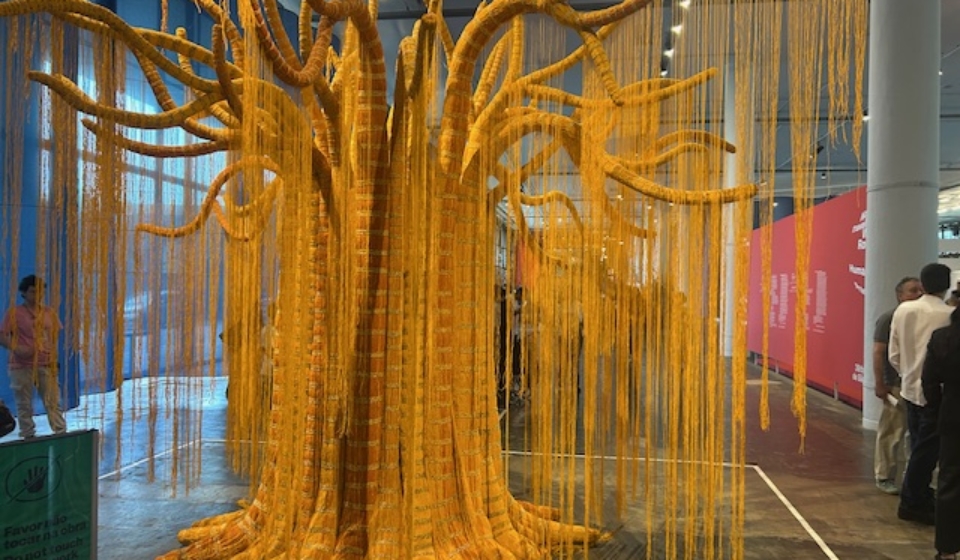

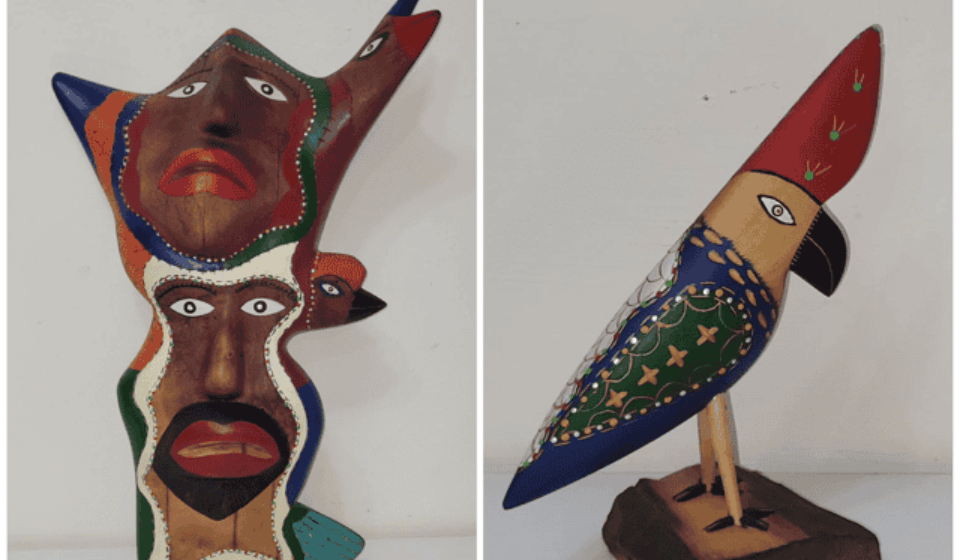
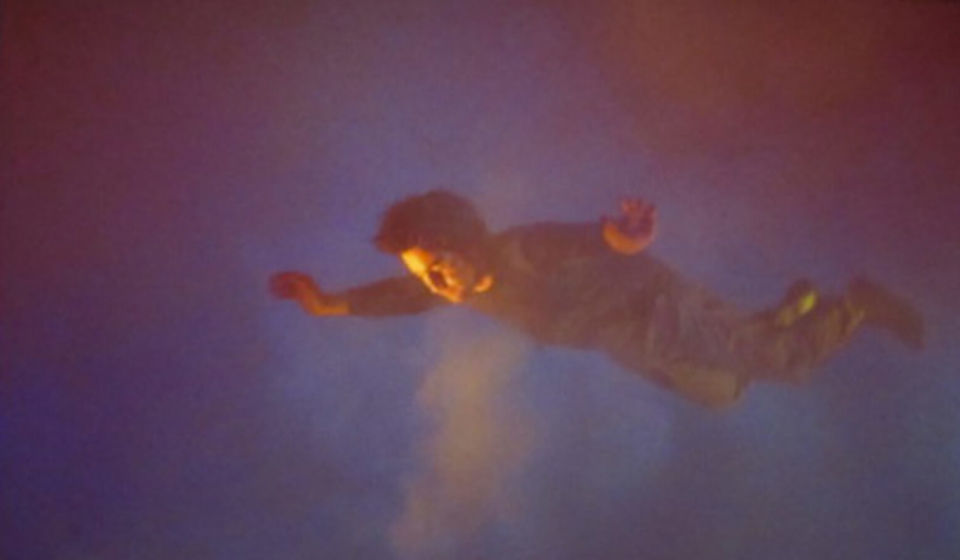
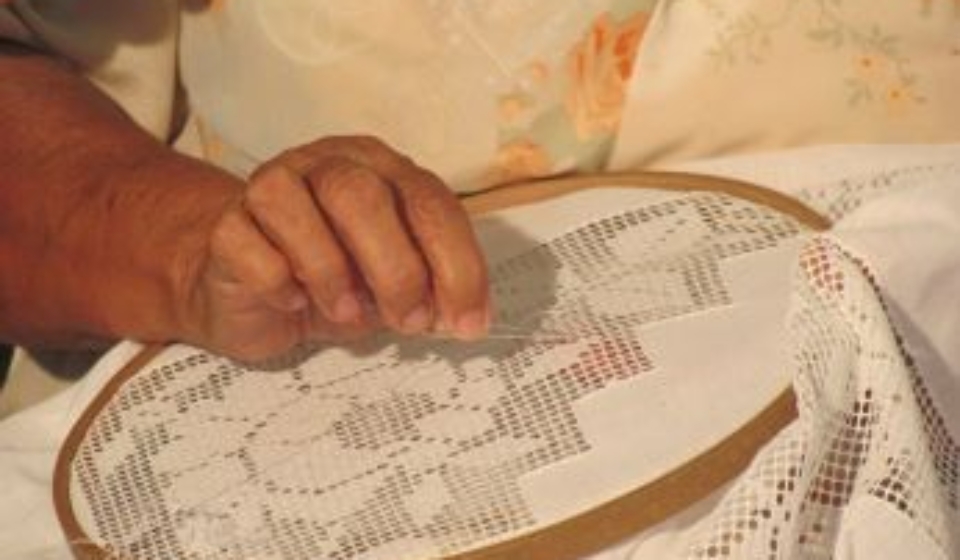
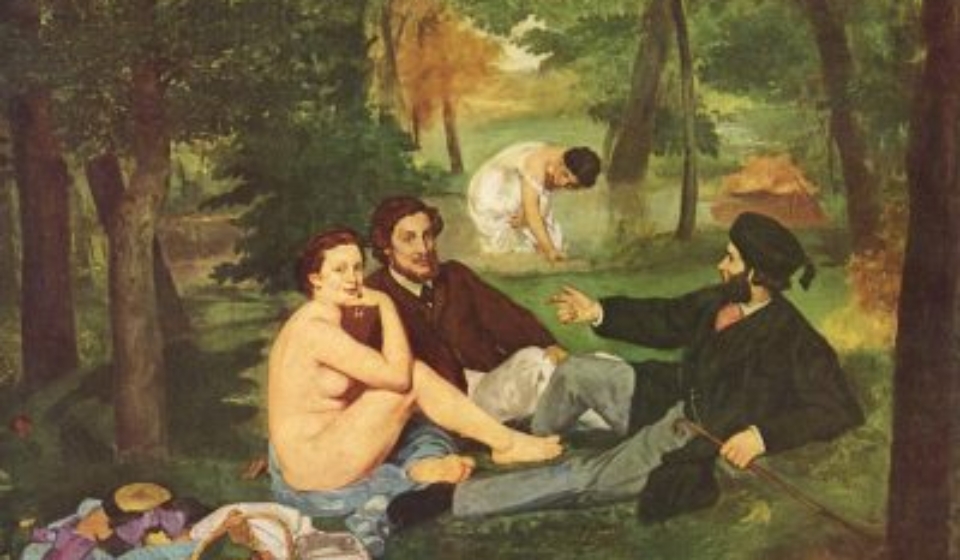
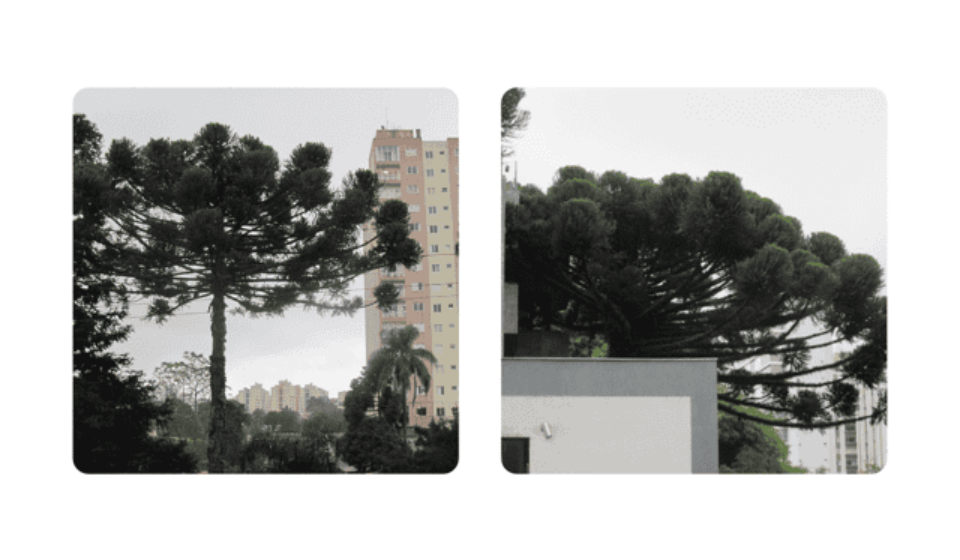
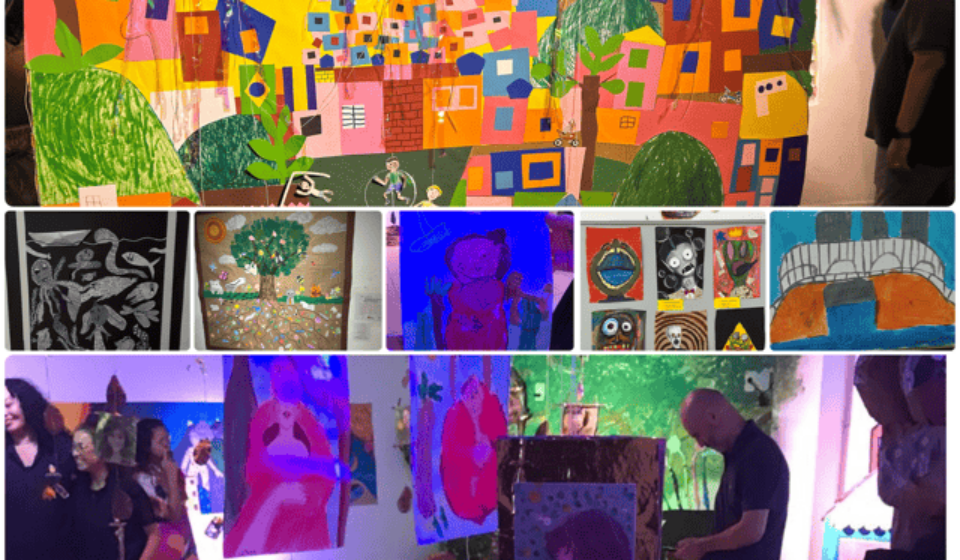
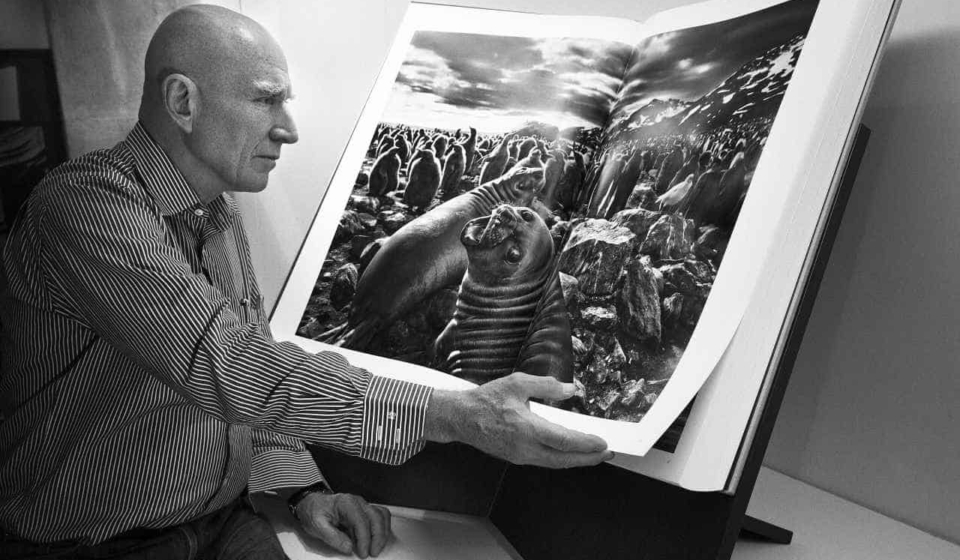
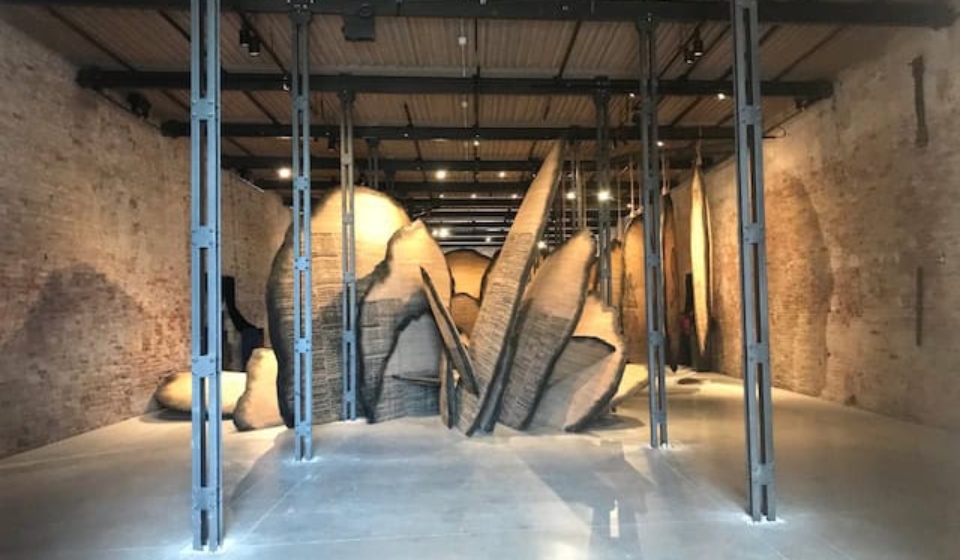

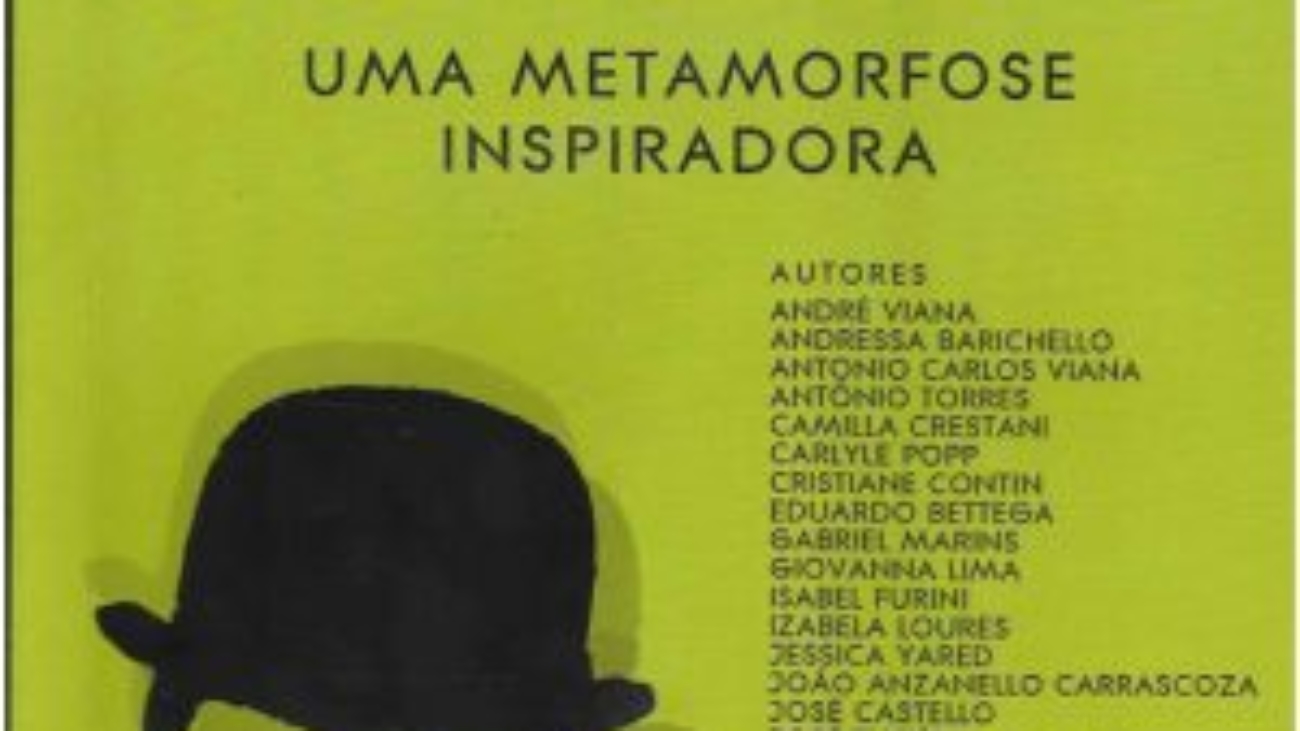
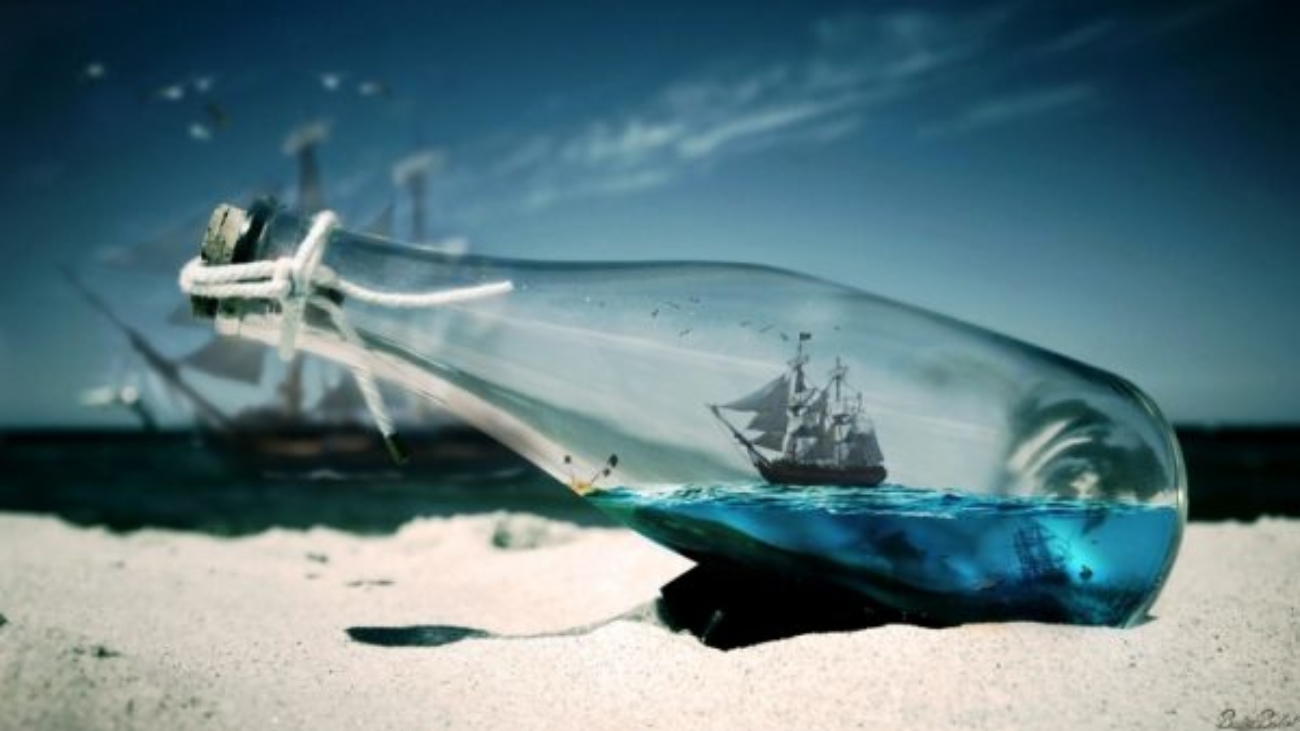
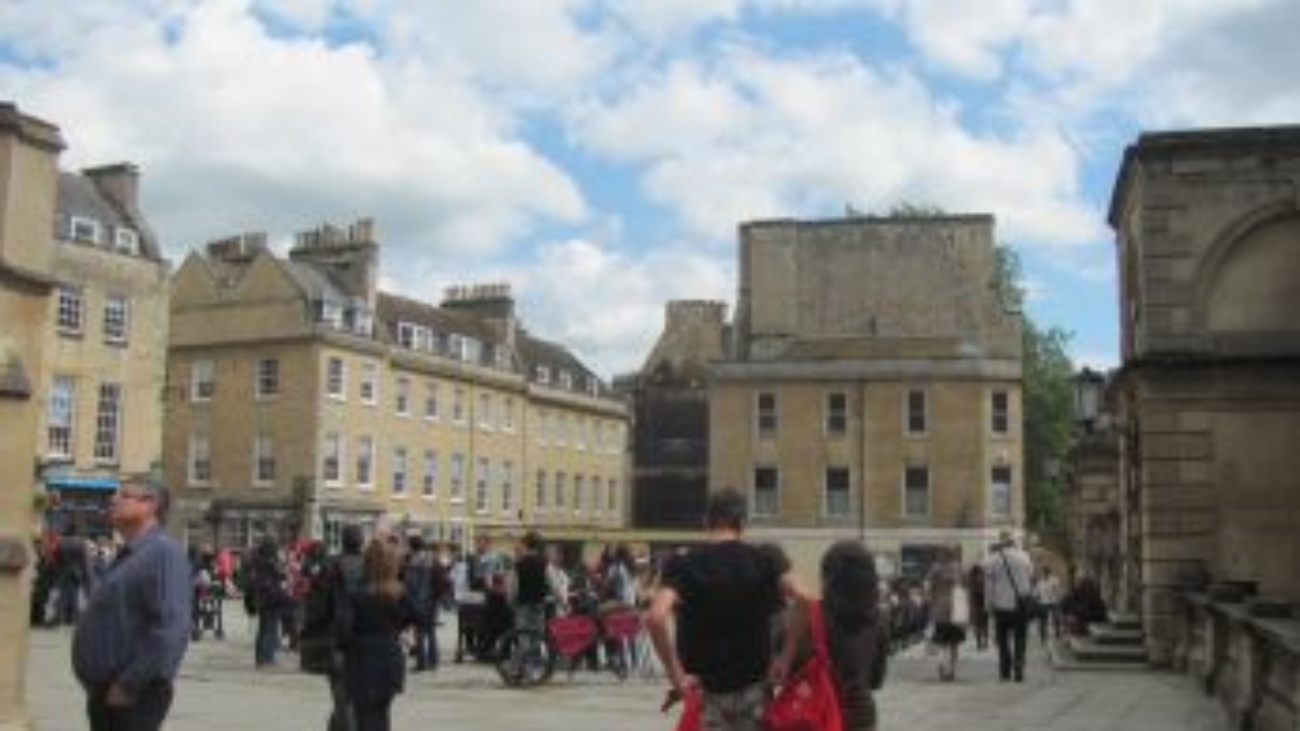
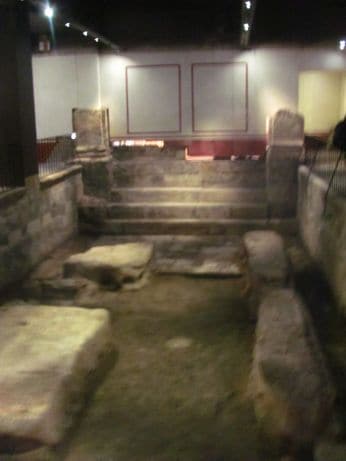
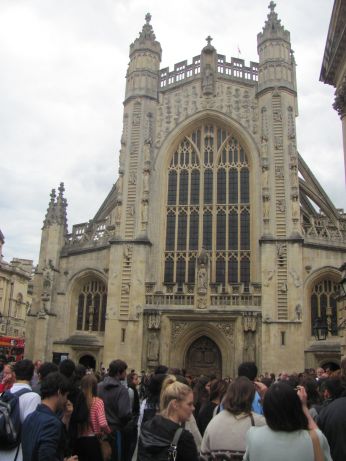 Durante il periodo della regina Vittoria, Bath diventa un luogo che va di moda e era visitata dai nobili e dai grandi nomi del panorama letterario e politico dell’Inghilterra, tra i quali Charles Dickens, Jane Austen, Oliver Goldsmidh, Lord Nelson ed esploratore Livingstone. I bagni pubblici avevano i loro critici e nel 1668, lo scrittore Samuel Pepys scrisse una critica su Bath e l’uso delle terme. Non poteva essere una città pulita con tanta gente insieme nella stessa acqua. In questo momento, la città aveva 1200 abitanti e circa 150 terme dove si facevano i bagni.
Durante il periodo della regina Vittoria, Bath diventa un luogo che va di moda e era visitata dai nobili e dai grandi nomi del panorama letterario e politico dell’Inghilterra, tra i quali Charles Dickens, Jane Austen, Oliver Goldsmidh, Lord Nelson ed esploratore Livingstone. I bagni pubblici avevano i loro critici e nel 1668, lo scrittore Samuel Pepys scrisse una critica su Bath e l’uso delle terme. Non poteva essere una città pulita con tanta gente insieme nella stessa acqua. In questo momento, la città aveva 1200 abitanti e circa 150 terme dove si facevano i bagni.